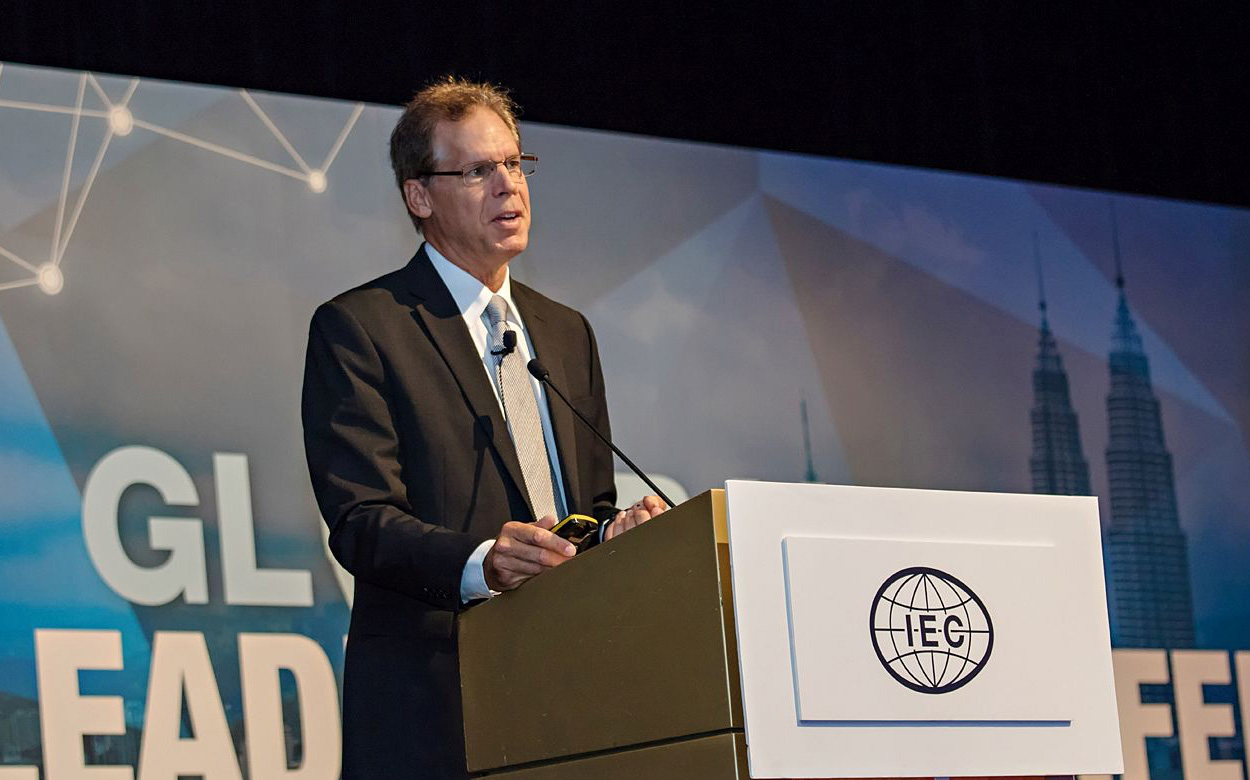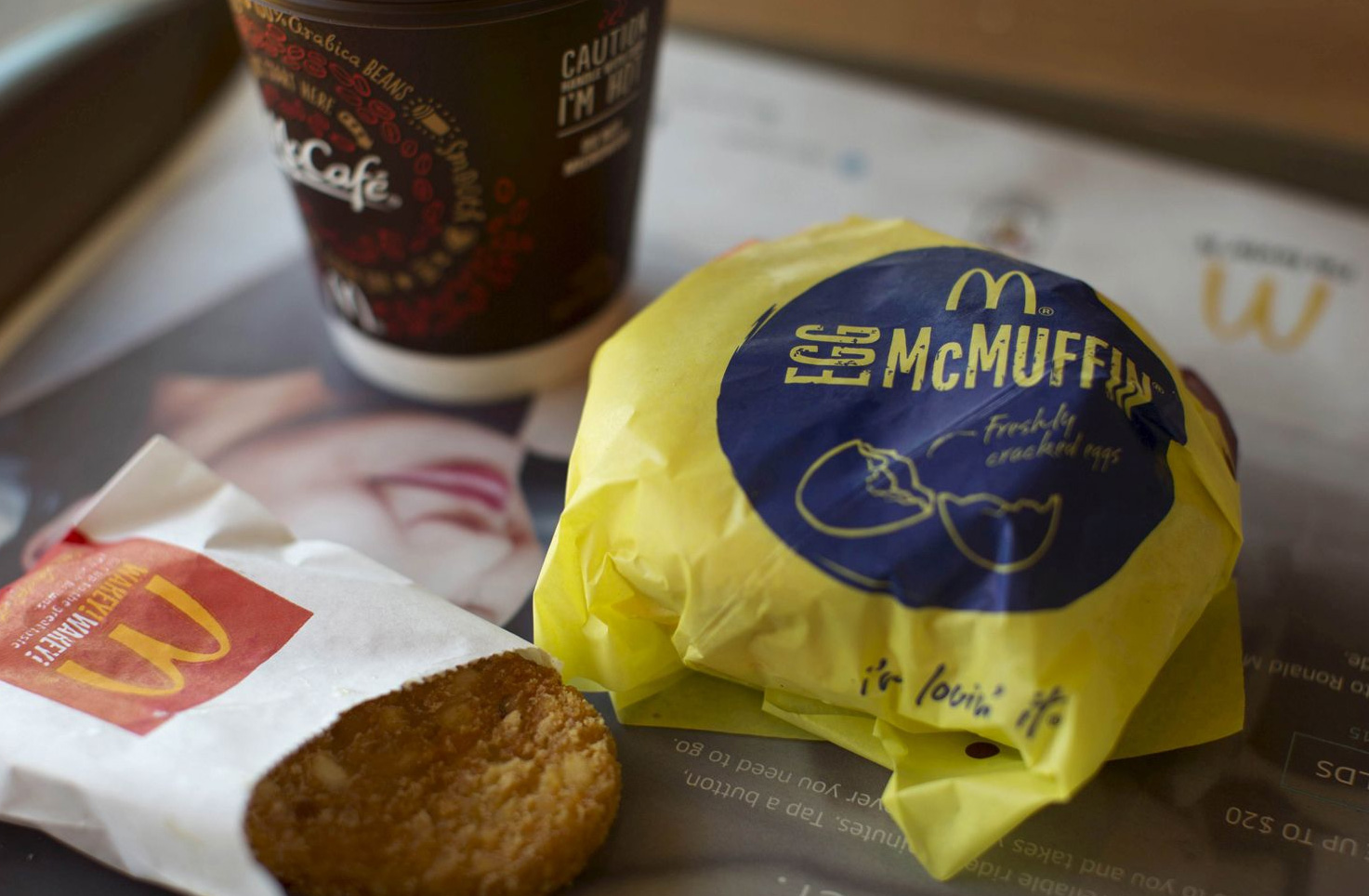
A former executive of the fast food giant McDonalds says that the trend towards higher welfare egg production has been driven by consumers not activists.
In both the United States and the United Kingdom, there has been a rush over the last year of large companies making the commitment to stop using eggs from cage units. Both major retailers and food service companies have made cage-free commitments – mostly setting a target date of 2025.
These commitments have followed high profile campaigns by animal welfare campaigners, but Bob Langert says that the real reason for ethical commitments by big companies is consumer demand.
"The consumer is changing," he said during a speech at the recent International Egg Commission (IEC) conference in Kuala Lumpur.
"There is no company in the world, I feel, that knows the consumer better than McDonalds. We have researched the consumer to death. And what we have learned over the last 10 years is that the consumer – the biggest mega-trend there is – is that they care where their food comes from, what’s in it and how it’s processed," he said.
'Great concern'

There is a feeling within the egg industry that the cage-free trend is being driven despite the wishes of consumers.
Duncan Priestner, chairman of the NFU Poultry Board, recently told the Ranger he was worried that retailers appeared to be making decisions to go cage-free because of an online petition launched by a 14-year-old girl.
"It’s a great concern, really, because the market hasn’t moved over," he said.
"This is a decision that’s been made – probably an emotional decision – by supermarkets moving on an online petition, changing across. The consumers seem to be very happy buying what they are buying at the moment; slowly moving to more and more free range, year on year we are seeing the free range market grow – two, three, sometimes up to five per cent a year.
"That’s good, good for the industry. We can move across slowly, we can manage the market. To make a sudden, snap decision on one petition that’s come out – possibly on the back of what’s happened in the United States – I think it’s quite worrying for the industry."
Shared value
But Bob Langert, who is now retired after 33 years with McDonalds – latterly as the vice president responsible for sustainability, told delegates at the IEC conference that the changes were being driven by consumers.
"It’s not activist driven. Many people in the food industry think it’s the activists stirring the pot and causing all these issues. Yes and no. Certainly activists have a huge role, but companies like McDonalds are not going to respond to some activist whim," he said.

"We are looking at what the real impact is with the consumer. And the consumer cares about sustainability issues – so much so that McDonalds and others have made sustainability core to the whole top management effort."
He said McDonalds defined sustainability as "matching up value to our business, growing our business by making a positive difference in society."
He said, "It’s an intersection between doing good for society and actually doing good for our business. We call that shared value."
Most big companies now had a sustainability framework. McDonalds’ vision was that all food should come from verifiable sustainable sources.
"We are doing this because the trend with the consumer is that they care about these issues of society. They expect it and they want to match their values with companies that represent the values they have."
'Not a believer in animal rights'
McDonalds had over the years been attacked and criticised by campaigners over environmental issues, about how it treated its workers and about animal cruelty. He said a lot of people were fearful about how to deal with campaigners and with consumer trends.
But he said that companies could win by addressing these trends and addressing sustainability.
Bob Langert said that companies should be prepared to listen to these campaigners. At the time he was in charge of defining McDonalds’ animal welfare programme he knew nothing about animals.
He met and talked with Peter Singer, who he described as 'the grandfather of the animal rights movement.'
He said, 'I really liked the guy.' He said he didn’t share his beliefs, but he read his book and tried to understand his beliefs.
"I really don’t understand animal rights that much, I am a big believer in animal welfare but maybe not animal rights. But it was a good dialogue."
He said that, as a result of meeting Peter Singer, he had learned about the work of one of the greatest animal beahaviour scientists in the world. He had subsequently worked with her to create an animal welfare programme for McDonalds.
"I think many in this room and many in the food and egg industry, because I hear it all the time, say that McDonalds and other food companies are doing it just because it’s PR and marketing and all that. No it isn’t. We are doing this as a consumer driven response to many of these trends that I talk about – where does food come from, how it’s processed and what’s in it. So many of these issues are related to sustainability."
'Turning over in his grave'
Mr Langert said for McDonalds, 'consumer was king'. The company made decisions based on the 70 million consumers it served each day.
"Sustainability is becoming a mainstream issue with most big companies. It is not a fad; it is not a crazy liberal idea. It is getting integrated into big businesses around the world, so for you in the room who think that sustainability is going to come and go, you are wrong."
He said that many of the things that McDonalds was now doing would come as a shock to the chain’s founder, Ray Kroc.
"Ray Kroc must be turning over in his grave to think that McDonalds is announcing in various markets cage-free eggs, free range eggs, antibiotic meat, getting rid of gestation stalls. We even announced two years ago that we are going to buy, starting this year, sustainable beef."
But he said consumers were changing. They demanded more transparency about where their food came from.
